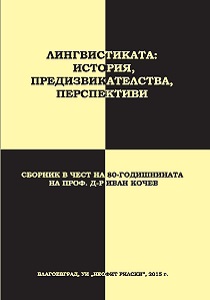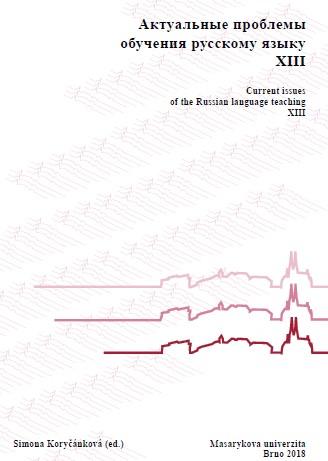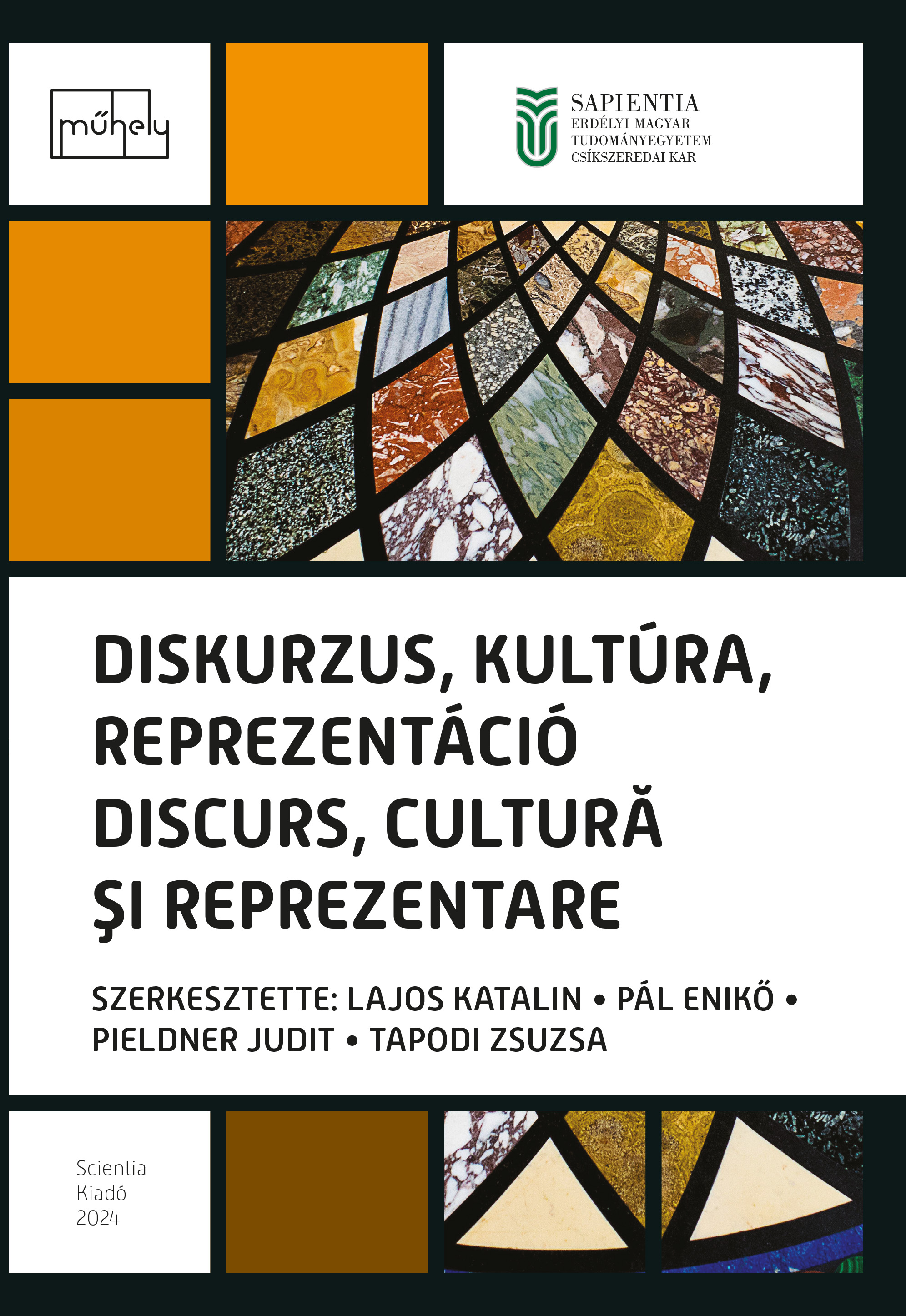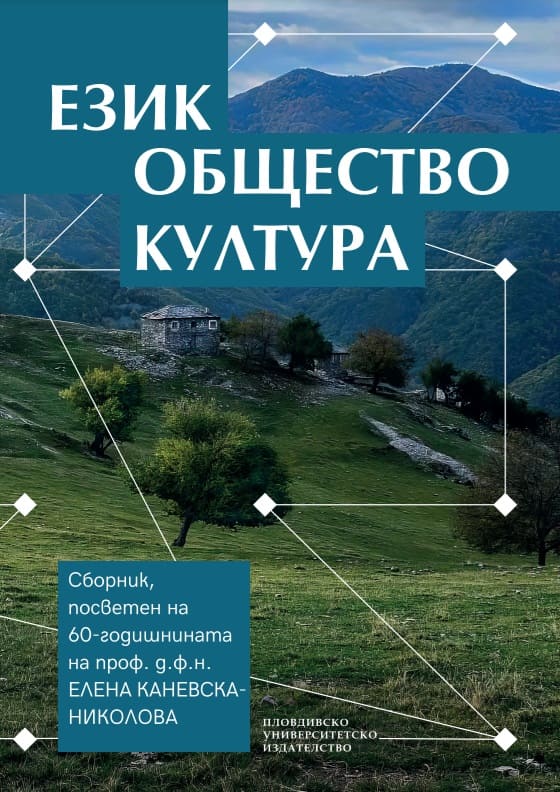
ПИСАНЕ И ПИСМЕНА РЕЧ
The written language is the base of the vocal one which presents a new step in the de-velopment of the speech. The elements of the vocal system of the vocal speech are represented by defined graphic signs. The linear character of the place of the vowels and consonants from the vocal speech is transformed in consecutive situating the letters in the space. The writing is an independent and a complementary help for the sign system, which is used for fixing the vocal speech in the act of communication.
More...



